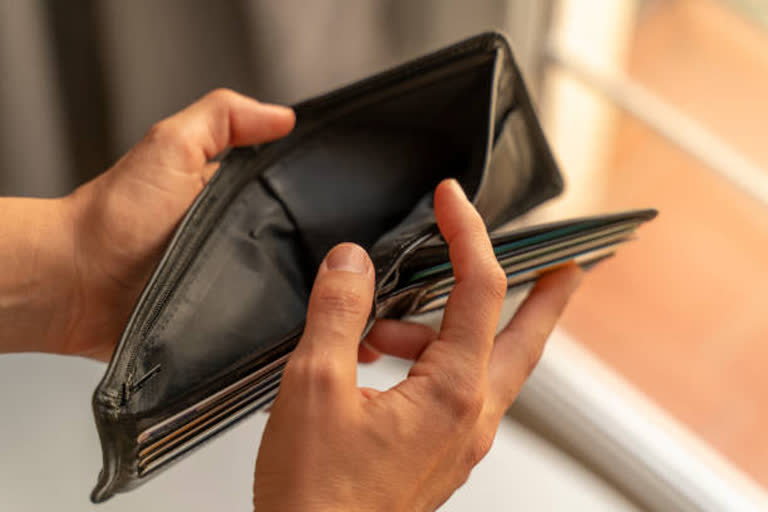Cambridge [UK]: While it's been long considered normal to compare one's finances to others for various reasons, it apparently hints to receding mental health if done during early years of adolescence. According to a new study from the publication titled 'Journal of Child Psychology and Psychiatry', young people who believe they come from poorer backgrounds than their friends are more likely to have lower self-esteem and be victims of bullying than those who feel financially equal to the rest of their peer group.
The team also found that those who think themselves poorer and those who believe they are richer were both more likely to perpetrate bullying. Overall, feeling a sense of economic equality among your friends had the best outcomes for mental health and social behaviour. While economic disadvantage on a society-wide spectrum has long been linked to mental health and social problems in young people, the new study is one of the first to show that just feeling poorer compared to those in your immediate social sphere may be related to negative psychological outcomes.
According to researchers, judgments we make about ourselves via "social comparison" in early adolescence - how popular or attractive we think we are, compared to others - are central to our burgeoning sense of self, and perceived economic status may contribute to this development. "Adolescence is an age of transitions, when we use social comparisons to make self-judgments and develop our sense of self," said study lead author Blanca Piera Pi-Sunyer, a Cambridge Gates Scholar and PhD candidate in the University's Department of Psychology.
"A sense of our economic position not just in wider society, but in our immediate environment, might be problematic for our sense of belonging," said Piera Pi-Sunyer. "Belonging is particularly important for well-being and psychosocial functioning during adolescence. Our research suggests that wealth comparisons with those around us might contribute to a sense of social and personal self-worth when we are young."
The latest study, published today in the Journal of Child Psychology and Psychiatry, was co-led by Piera Pi-Sunyer and Dr Jack Andrews of the University of New South Wales, as part of a research project conducted by Cambridge psychologist Prof Sarah-Jayne Blakemore. The researchers analysed perceived economic inequality within friendship groups among 12,995 children in the UK at age 11. Eleven-year-olds who believed themselves poorer than their friends scored 6-8% lower for self-esteem, and 11% lower in terms of wellbeing, than those who saw themselves as economically equal to friends.
Also read:Study suggests what we want from relationships can change with age
